With summer comes great joy, but great dangers also lurk around almost every corner.
Okay, the situation may not be as dramatic as I describe it, but the thing is, summer’s heat waves do present a clear and present danger to one’s health, especially in a survival situation.
The thing with summer is that almost all of us are gearing up for going out and experiencing epic adventures. Summer is vacation season and the best time of the year for businesses such as water parks, hot air balloon rides, bungee jumping resorts, para-sailing docks, and so on and so forth.
You see where this is going, right?
Keep reading to find out!
Well, while you’re standing in line at any of these fine establishments, the thought that goes through your mind is probably, “This is how I’m going to die?”
Truth be told, this pessimistic state of mind is the logical consequence of years of horror stories pushed by the mainstream media, depicting terrifying accidents and misfortunes that people suffered during their summer holiday.
People died in all sorts of gruesome circumstances while having the time of their lives, i.e. when their hot-air balloon drifted into high-power lines, their parachute failed or their boat flipped at high speeds or on rushing rivers. Folks died or lost limbs while enjoying the ultimate ride at amusement parks or when hiking without proper training/guidance etc.
The nightmarish stories of good times gone bad go on and on.
And then there’s always death from exposure. To give you a grim statistic, heat exposure kills thirty outdoor workers on average on a yearly basis.
What we’re about talking here are agricultural, roofing, construction and landscaping workers; these folks are particularly at risk, especially during heat waves which promote heat-related deaths and illnesses such as heat stroke and heart attacks.
How will you survive when there is no doctor around?
Keep in mind that the elderly are particularly affected by heat waves and in some geographical locations (like Arizona), air conditioning is not a luxury, but a necessity.
#1 Killer in the Summer Is…
So, let’s begin with the biggest killer during the summer season, which is heat, obviously.
Prolonged exposure to heat – especially humid heat – would have immediate effects on one’s health and state of mind alike. Heat stroke and heat exhaustion are the most common issues associated with scorching heat, but sometimes the effects of prolonged exposure to excessive heat may take odd forms.
The most important thing one must realize during the summer is that dehydration is a killer. To stay properly hydrated, you should drink at least 2 liters of water per day (or approximately half a gallon), but that’s an average figure and it depends upon your age, gender, physical condition, and circumstances.
For example, you’ll require way more than 2 liters of water per day if you’re hiking in scorching heat or if you’re working out, rather than staying indoors in a house without air conditioning etc. That’s common sense, though.
If you don’t drink enough water to replace the loss of fluids which occurs via sweating, you’ll put your body in a state of emergency, as your body is losing salt and water and not getting enough electrolytes.
Salt, magnesium, and potassium imbalances caused by dehydration may cause cramps, cardiac arrhythmia, dizziness, and confusion – basically your brain doesn’t work right.
For people who aren’t used to heat, there’s also always the risk of heat edema and, worst case scenario, a fatal heat stroke when your body gives up and stops sweating. This occurs when you’re exposed to extreme heat for long periods of time and is called anhidrosis.
However, the most common problem that occurs during a summer heat wave is heat exhaustion.
Heat exhaustion is a consequence of one’s body losing significant amounts of salt and water; sans electrolytes, the body can’t cope with heat anymore. Salt and potassium are the two primary minerals that control your blood pressure and when you sweat, they’re two of the first that you lose.
Obviously, heat exhaustion and all heat related ailments are particularly dangerous in a survival situation, i.e. when you’re outdoors hiking, climbing, or whatever.
Heat exhaustion’s first symptom is when the core temperature rising above 98.6, your normal body temperature, resulting in intense thirst, heavy sweating, dizziness, and an overwhelming feel of fatigue. Your body is literally starting to cook.
The first thing that you need to do is get out of the heat if possible and hydrate, obviously. Avoid strenuous activities during the day in open sunny spots, especially if there’s a heat-wave warning.
Now, if heat exhaustion sets in, you must find a cool, shaded location and remove the victim’s clothes, including (especially) the shoes and socks then, apply wet clothes to the victim’s face, head, neck, and if possible, their feet.
Spray with cool water if possible. Encourage the victim to drink as much water as possible. Sport drinks (if available) are great, as they contain minerals and vitamins (the famous electrolytes included) together with sugar, which gives the body a boost but push water, too.
Try to get medical aid as soon as possible, especially if you spot the early signs of a heat stroke (way worse than heat exhaustion), which include:
- profuse sweating or hot,
- dry skin,
- a core temperature of around 104 degrees F (or higher),
- feeling cold (yes, it seems strange, but it’s a fact),
- loss of consciousness, and/or seizures.
All of these symptoms are signaling that the body’s mechanisms for coping with heat have failed and he/she’s at the death’s door. Heat strokes are very serious as they have a mortality rate of about ten percent, and yes, people really do die in extreme heat conditions, and it’s not rare.
Most people who die during heat waves are elderly folk living in big cities in the upper floors of buildings, especially old, inadequately ventilated condo buildings. Just in the US, over 600 people die annually and thousands visit emergency rooms due to extreme heat conditions.
Since we’ve already established that heat is a silent killer, as the weather gets more extreme, avoid the main danger by staying out of the sun. If you’re outdoors on foot, avoid traveling during the day, and do it by night, like Bedouins.
If you find yourself traveling or lost in the wilds in the heat, drinking lots of water and covering your head and your entire body in white (best case scenario) sheets would go a long way toward preserving your body’s reserve of electrolytes if traveling during the day.
The rule of the thumb is that when your core temperature gets above 104 degrees Fahrenheit, you’re in serious trouble.
Obese and elderly people are especially vulnerable to heat, and small children have tiny hearts which are not always capable of cooling their bodies efficiently. Kids also have a slow sweat response, which puts them in danger in extreme situations.
And here are a few more hints on surviving the heat:
- try to avoid caffeine and alcoholic beverages (they act as diuretics) during heat waves,
- maintain a proper level of hydration at all times,
- when indoors, try to eliminate extra sources of heat (computers and appliances left running, computers, etc.),
- don’t eat big, protein-rich meals as they warm the body by increasing metabolic heat, be ready to recognize the early symptoms of heat exhaustion and heat stroke and take action.
Beware the Dangers in the Water!
Another thing to keep in mind during the hot summer season is that jumping in public swimming pools, lakes and ponds are not the best ideas for beating the heat wave. You should think at least twice before diving in these cesspools, which are giant petri dishes by any definition, leaving aside that going into cold water when you body is overheated can bring on a heart attack.
Even chlorinated swimming pools are filled with chlorine-resistant bacteria (think Cryptosporidium, a bacteria living in the stomach, E.coli etc.) which can cause all sorts of disease, especially for people with immune issues.
Freshwater lakes and rivers are also home to a myriad of bacteria, viruses, and amoebas. All these tiny bugs that flourish in warm water may cause diarrhea and vomiting, which are exacerbating the dangers of dehydration, if you catch my drift.
And with dehydration, heat exhaustion and heat stroke are just around the corner, provided you don’t deal with it immediately. It doesn’t take more than a few minutes – less than 30 – for the situation to go from bad to worse if the conditions are right.
Besides the relatively harmless e Coli and Cryptosporidium, there are killer bacteria and viruses in lakes and rivers, which can infect you via water getting inside the nasal passage and then to the brain.
For example, Naegleria fowleri can cause a deadly infection of your CNS (central nervous system), called amoebic meningo-encephalitis.
There are dangers in paradise too, especially during the summer season when these places are packed full of people trying to relax and enjoy their vacations.
When Summer Turns into Disaster
The beach may look like paradise on Earth, but it’s not all fun and serenity. Beaches are also filled with dangers, and we’re not talking about heat stroke alone. Coastal areas in some parts of the planet are prone to tsunamis and others to hurricanes.
One may say that beaches are prime real estate when it comes to natural disasters, hence, stay frosty and learn your escape routes just in case disaster hits. Most coastal areas are using early warning systems including sensors which monitor storm and earthquake activity and issue hurricane/tsunami alerts.
Toxic algal blooms happen almost every summer in places like Florida, on its Gulf Coast especially. Algal blooms kill fish and shellfish and they also render them unsafe to eat. Remember to avoid eating shellfish and fish from areas affected by toxic algal blooms; also, avoid swimming in waters infested by these critters.
Even if shark attacks are relatively rare, keep in mind that where there are fish in the ocean, there also might be sharks, hence avoid swimming near fishing areas and also avoid murky waters and areas were fishing boats and diving sea birds abound.
It’s also important to remember not to swim alone, sharks or not, and never at dawn or dusk because that’s when sharks feed. Watches and jewelry gleam like fish scales in the water, so get rid of them.
Another danger for beach goers is rip currents, which may pull even the Olympic swimming champion away from the shore. These fast-moving currents of water kill at least one hundred people annually, especially at surf beaches, and those are just US figures.
If you’re caught in such a rip current, try not to fight it. Go with the current and swim parallel to the beach, and try to swim back to shore once you manage to pull out of the current. If that doesn’t do the job, try to float/tread water until the current stops and try to call for help.
Edge Sports Have Their Price
Parasailing is an awesome summer activity for thousands of Americans. If you’re not from this planet, parasailing means that you’re towed behind a boat using a parachute canopy while flying like Superman.
Even though this may sound safe as far as extreme sports go, the majority of fatal parasailing accidents occur as a result of high wind conditions. To play it safe, make sure the weather is friendly before engaging in such crazy activities, alright?
Scuba diving is another all-time favorite activity doing the summer season, but is plunging in deep blue waters safe? Well, pretty much yes, but there are caveats to that.
The most common causes of death during scuba diving are oxygen supply problems, cardiac issues, and emergency ascent. To play it safe when scuba diving, make sure you are prepared for the water and you’ve learned all the techniques from your instructor.
Next on the list is skydiving. Skydiving is immensely fun for those crazy bastards with no self-preservation instincts. I’m kidding, but yes, skydiving is becoming increasingly popular among certain folk during summer vacation.
Even though you’re more susceptible to death by a lightning strike or a bee sting than due to skydiving gone wrong, make sure to look for riggers, jumpers and pilots with proper certification before making the big jump into the abyss. The same goes for bungee jumping.
White water rafting is another dangerous summer activity and there are tons of potential hazards involved in this awesome water sport. To reduce risks associated with white water rafting, never boat alone, wear a life jacket and a helmet at all times, and don’t overestimate your skills.
If you’re a hot air balloon aficionado, make sure your ‘ballooner” has all the necessary paperwork and be aware of adverse weather conditions, especially wind, before getting in the basket.
Whatever you do during summer, stay safe and be aware of the dangers. Ultimately, learn your lesson about first aid and surviving without medical assistance. Click the banner below to get the knowledge!
I hope the article helped. If you have other ideas or comments, feel free to use the dedicated section below!


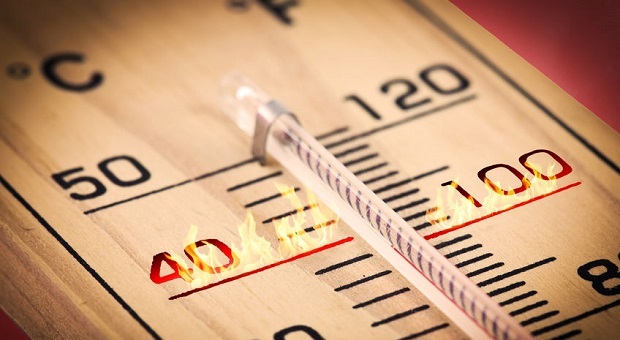
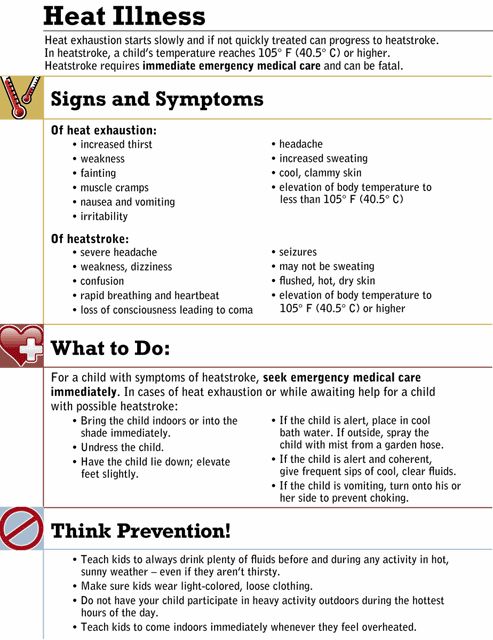
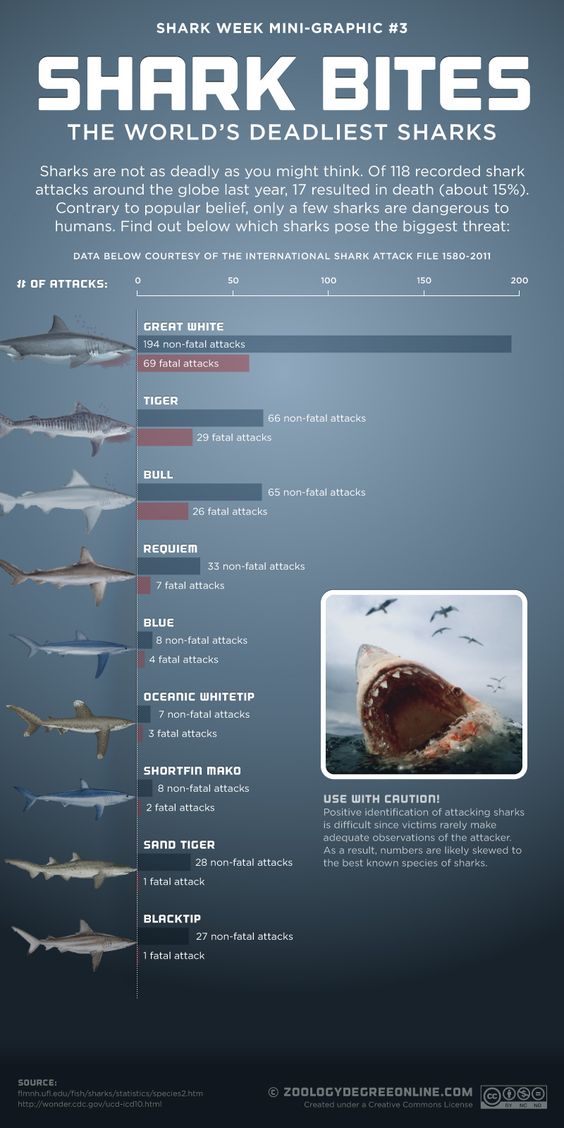
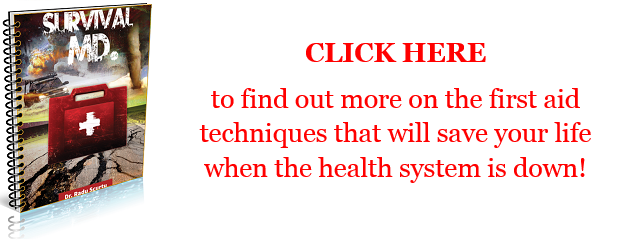
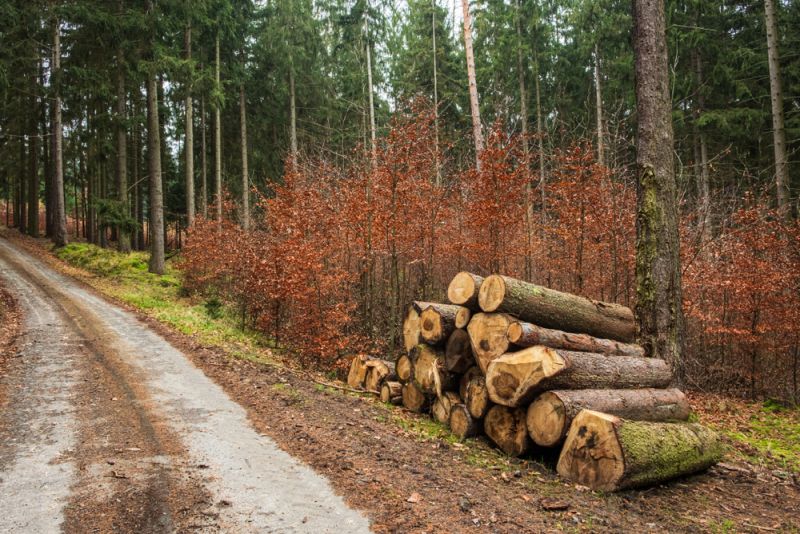
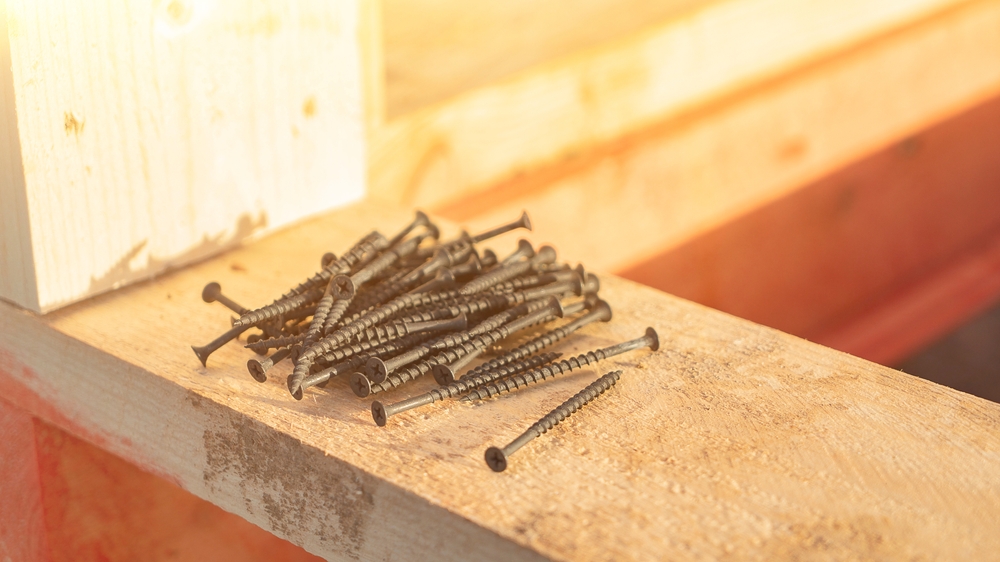
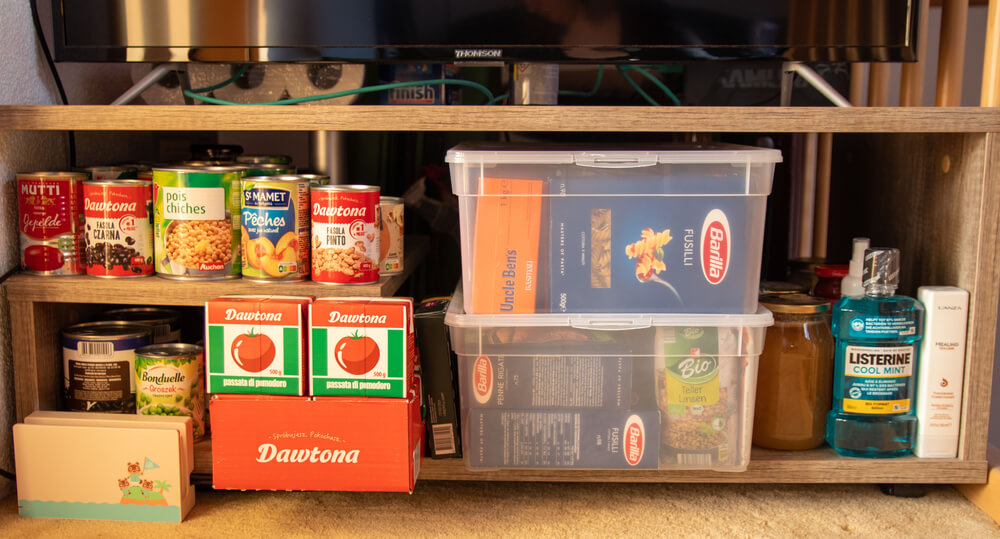
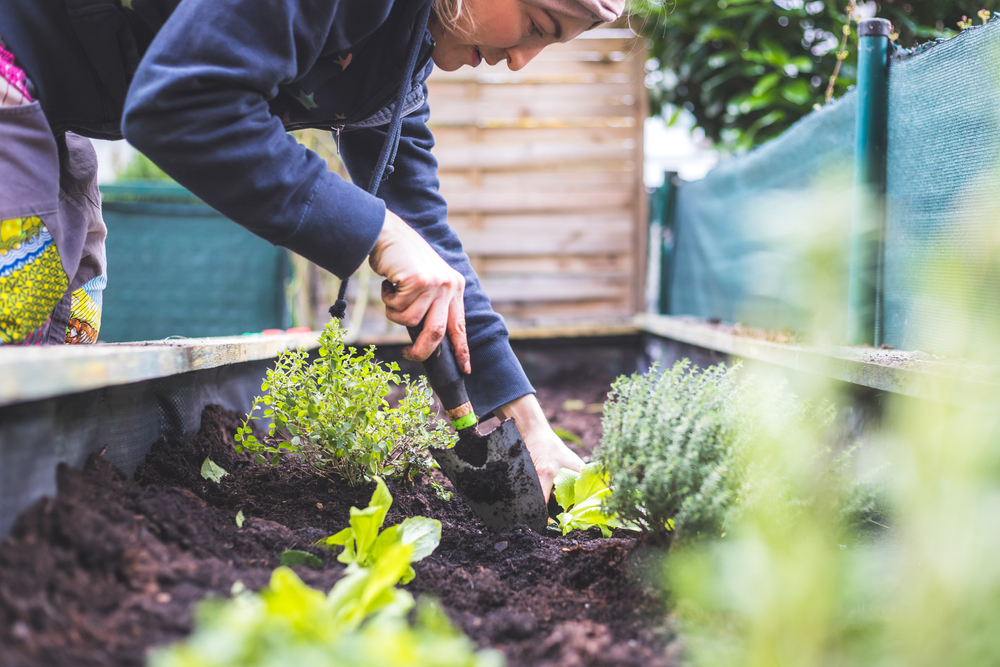


Linda. T | July 23, 2017
|
Thank you for the excellent information.